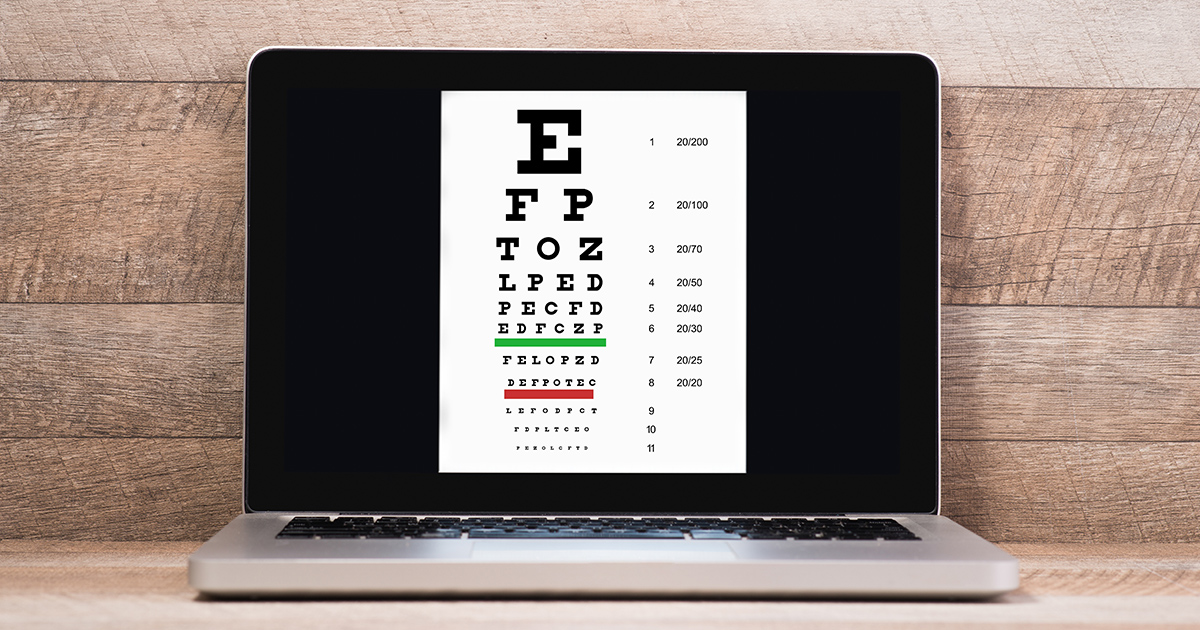
When it comes to taking care of your newborn, one of the most important things you can do is schedule their first eye exam. While it may seem like a small thing, getting your baby’s eyes checked early can help ensure they have healthy vision for years to come. But what can you expect during your baby’s first eye exam?
Table of Contents
When should you schedule your baby’s first eye exam?

Experts recommend scheduling your baby’s first eye exam between 6 and 12 months of age. This is because the first year of life is a critical time for vision development, and catching any issues early can help ensure they are addressed quickly.
What happens during the eye exam?

During your baby’s eye exam, the doctor will likely perform a series of tests to check for any potential issues. These may include:
- Checking for proper eye alignment
- Testing visual acuity (how well your baby can see)
- Examining the inside of the eye using a special light
- Checking for any signs of eye disease or other issues
What can you do to prepare?

Before your baby’s eye exam, there are a few things you can do to help ensure everything goes smoothly:
- Make sure your baby is well-rested and fed
- Bring any current glasses or contacts your baby may be wearing
- Be prepared to answer questions about your baby’s medical history
- Bring a list of any questions or concerns you may have
What happens after the eye exam?

If the doctor finds any issues during your baby’s eye exam, they will likely recommend a course of treatment. This may include glasses or contact lenses, surgery, or other therapies. If everything looks good, the doctor will likely recommend scheduling another eye exam in a year or two to ensure your baby’s vision continues to develop properly.
Conclusion
While it can be nerve-wracking to take your baby for their first eye exam, it’s an important part of ensuring they have healthy vision for years to come. By knowing what to expect and preparing ahead of time, you can help make the process as smooth and stress-free as possible.
Frequently Asked Questions
Why is it important to schedule my baby’s first eye exam?
The first year of life is a critical time for vision development, and catching any issues early can help ensure they are addressed quickly. By scheduling your baby’s first eye exam, you can help ensure they have healthy vision for years to come.
How often should I schedule my baby’s eye exams?
After your baby’s first eye exam, your doctor will likely recommend scheduling another exam in a year or two. After that, they may recommend annual exams or exams every two years, depending on your baby’s individual needs.
What can I do to help my baby’s vision develop properly?
There are several things you can do to help support your baby’s vision development, including providing plenty of visual stimulation (such as brightly colored toys), ensuring proper nutrition (including plenty of Vitamin A), and keeping an eye out for any potential issues (such as crossed eyes or other signs of vision problems).
What if the doctor finds an issue during my baby’s eye exam?
If the doctor finds any issues during your baby’s eye exam, they will likely recommend a course of treatment. This may include glasses or contact lenses, surgery, or other therapies. The important thing is to address any issues early to help ensure your baby’s vision continues to develop properly.
What if my baby is fussy during the eye exam?
It’s not uncommon for babies to get fussy during their eye exam, but don’t worry – the doctor is used to working with babies and will do their best to make the process as quick and painless as possible. You can also bring along a favorite toy or blanket to help keep your baby calm and comfortable during the exam.
